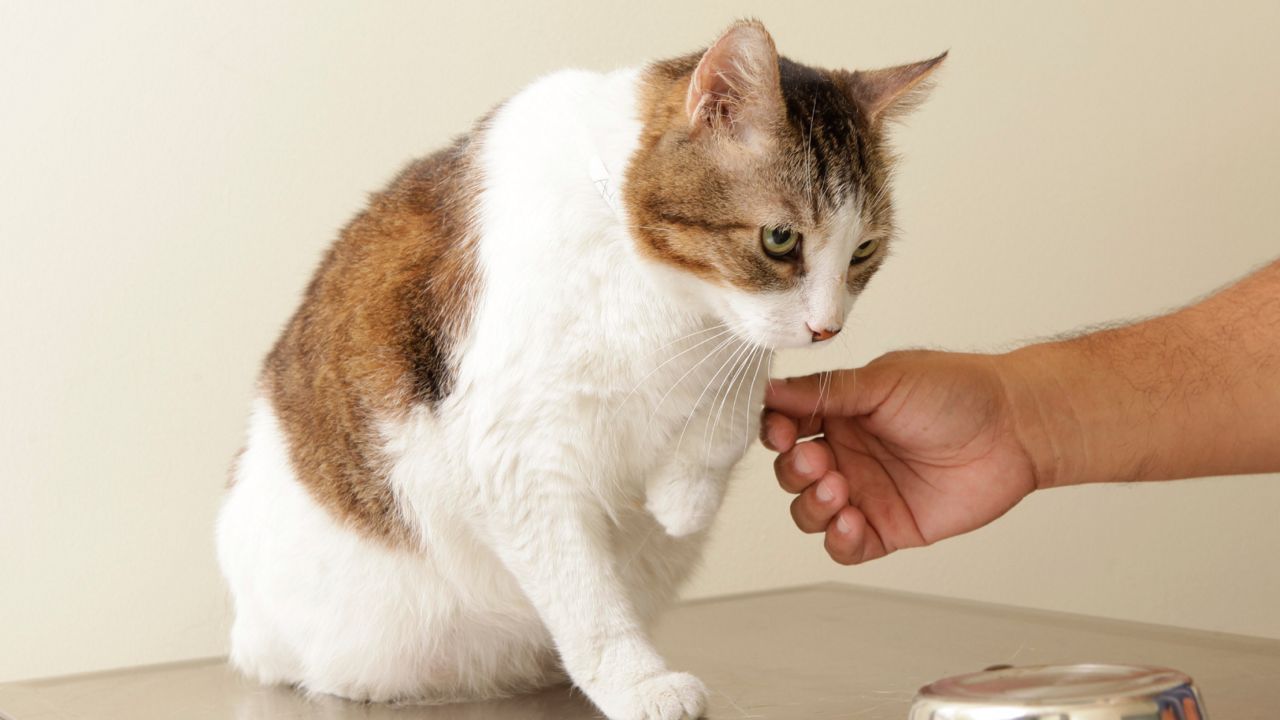MADISON, Wis. — Cats can be incredibly picky and sassy when it comes to their food.
But with medication flavors, they have little preference, according to a recent study by the University of Wisconsin-Madison.
What You Need To Know
- A recent study by the University of Wisconsin-Madison found that cats have little preference when it comes to their medication flavors
- Researchers aimed to find ways that would increase medication acceptance among cats by comparing the acceptance of different flavors in liquid medications
- Scientists did find one interesting thing: cats don’t like sweet flavors in water-based formulations
- Cats slightly prefered oil-based fomulations over water-based ones
The study aimed to find ways that would increase medication acceptance among cats by comparing the acceptance of different flavors in liquid medications. This type of medicine is typically easier to administer than pills to the household pet.
Pill medications can negatively impact the bond between an owner and its animal, as it often involves forcing the pill into a cat’s mouth and throat. This can increase inflammation in the esophagus and make cats more apprehensive about future treatment.
“Cats are incredibly difficult to medicate and there are just not a lot of good options,” said Amy Nichelason, a board-certified canine and feline practitioner and assistant clinical professor at the UW-Madison School of Veterinary Medicine, in a press release.
That’s part of the reason Nichelason and her colleagues looked further into flavor preferences in the more easily administered liquid medications.
Cats in the study received unmedicated oil- and water-based formulas in a variety of flavors, such as chicken, beef and fish. These are flavors that cats generally enjoy.
However, when owners gave their cats the different flavors at home, none stuck out as a favorite.
Scientists did find one interesting thing: cats don’t like sweet flavors in water-based formulations. Nichelason said this is surprising because cats can’t taste sweetness.
“They lack the gene to taste sweetness, so it’s interesting that they actively disliked the sweet flavor,” she noted.
But cats still remain picky. Overall, they did prefer oil-based flavorings over water-based ones. Specifically, only 60% of cats didn’t like any of the oil-based flavors. That’s compared to the larger 85% that disliked the water-based flavors.
There were some trends toward flavor preferences in oil-based ones, but researchers said those findings were not statistically significant.
Owners often play a role in determining what flavor of medication a veterinarian will prescribe to an animal. The study suggests this may not be the best idea.
Researchers found that owners struggled to guess which compounding flavor their cat would like.
“They’d say, ‘oh, my cat will like chicken,’ and then the cat preferred fish,” Nichelason said.
Despite results that say cats don't have a preference, the study still acts as a steppingstone to cat compliance with medicine.
“The moral of the story is to try something that has the best odds of working,” Nichelason said in a press release. “What I took home from this as a veterinarian is that I should avoid sweet flavors and use oil-based flavorings when possible.”
Nichelason said that she and her colleagues will next look into adding unpalatable medications to the oil-based compounding flavors or combinations of flavors to see how it could alter acceptance. She said they’ll also look at compounded chewable formulas.
For now, Nichelason said there are several things owners can do to ease their finicky felines when giving medication.
One way to do so is by giving your cat forms of medications that they like. This could be chews, liquids or tablets. If you don’t know what your cat likes, you can ask pharmacies for unmedicated samples that your cat can try before adding medication.
Nichelason said giving your cat a treat and extra affection after administering medicine can also promote good outcomes.
However, she stressed being honest with your veterinarian.
“If the formulation isn’t working, and it is creating stress, let us know so we can work together to create a better medication plan,” Nichelason advised in a press release.
And if there’s one thing for certain, cats may always be a tad unpredictable.
“Cats will be cats,” Nichelason concluded. “They want what they want; they’ll do what they want. They’re hard to predict.”



